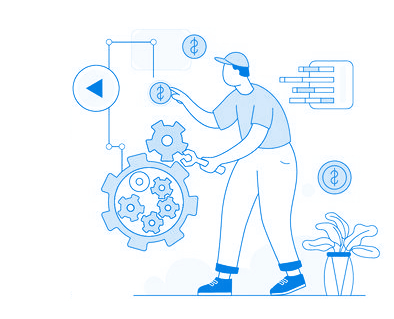Micromanagement refers to a management style in which an individual supervisor or manager is excessively and overly involved in the day-to-day work of their employees. This manager is known as a micromanager, and they tend to exert a high degree of control over their subordinates' work activities, often requiring frequent updates and detailed reports of every task completed. Micromanagement can take different forms, ranging from continuous monitoring of work activity to meddling in the smallest details of an employee's job.
Micromanagement can have a negative impact on employee morale, productivity, and innovation. The constant monitoring and control can make employees feel undervalued and micromanaged, and it can affect their confidence and motivation. They may become frustrated, stressed, and demotivated, which could potentially lead to a decrease in their productivity and job satisfaction.
Micromanagement can also limit employee creativity and innovation. By limiting employees' autonomy and creative freedom, a micromanager may discourage experimentation, and employees may become risk-averse and avoid trying new things.
In conclusion, micromanagement can be harmful to employees and the organization as a whole. It can reduce productivity, decrease morale, and limit creativity and innovation. Therefore, it is important for managers to focus on providing clear expectations and goals, building trust and rapport with their subordinates, and allowing their employees to work autonomously and responsibly.
People also look for

 Back to Glossary
Back to Glossary